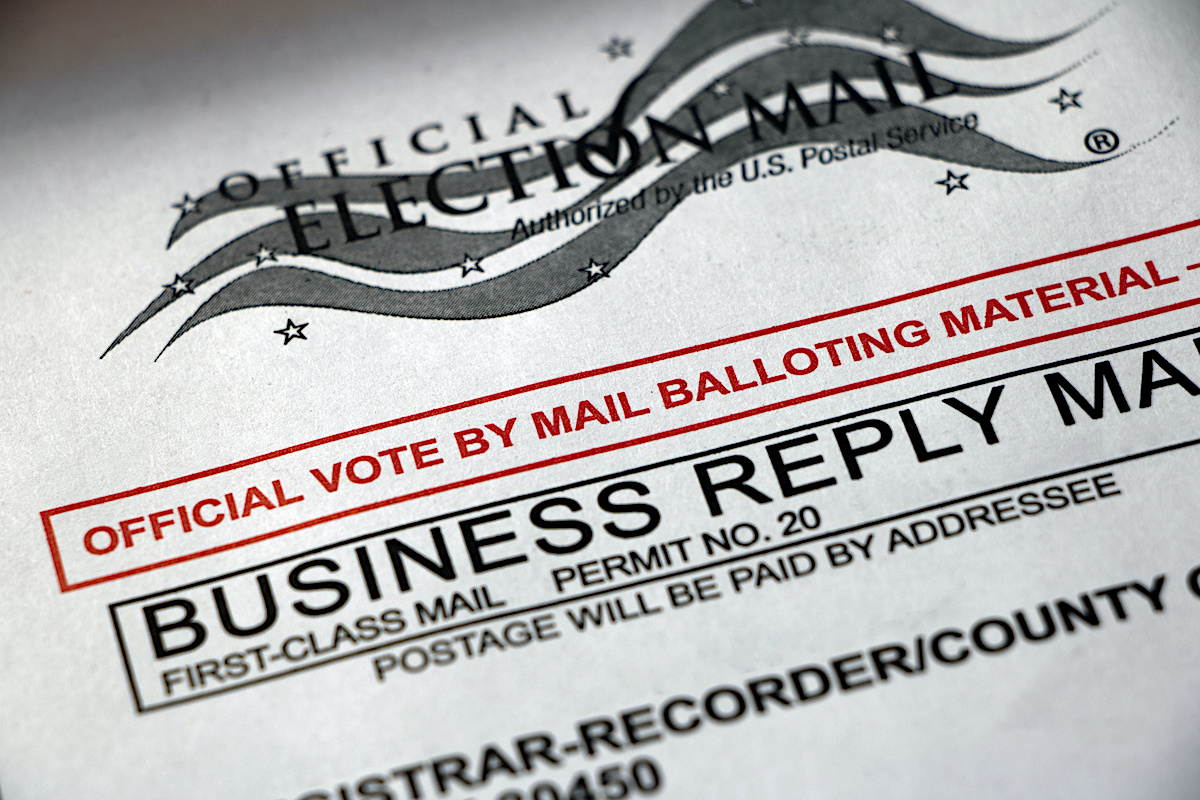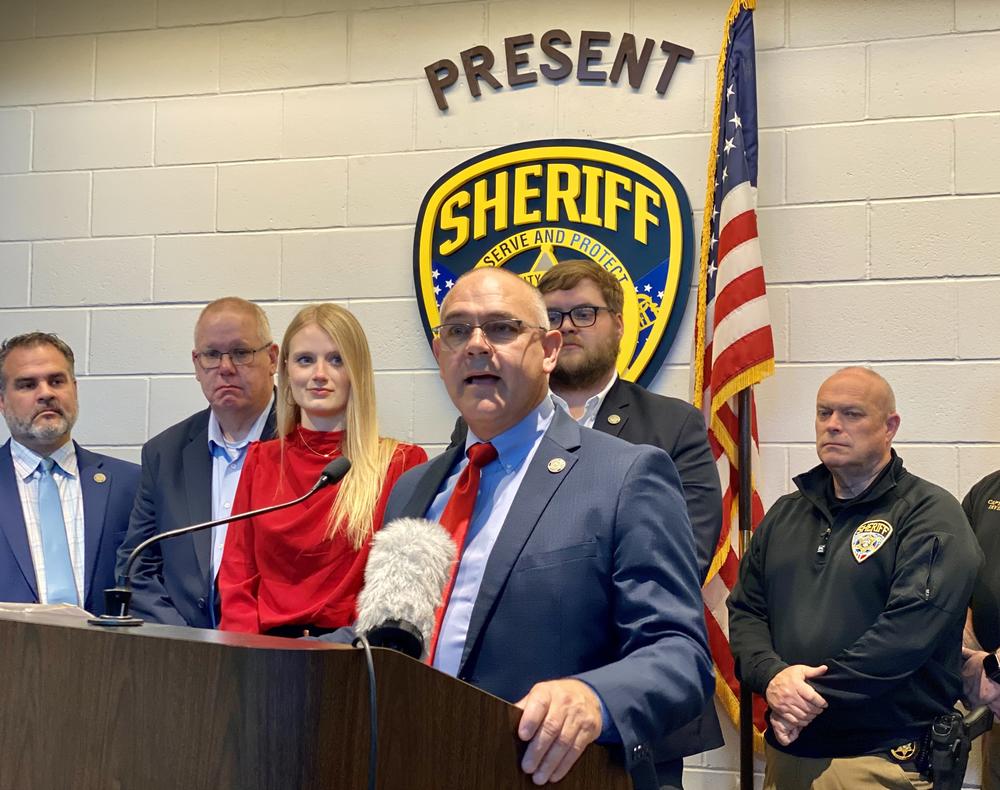
Thousands of Georgians will likely get more time to mail absentee ballots to their county’s election office after a federal judge ruled Monday that votes must be counted if they are postmarked by Election Day and received within three days.
State Democrats and voting rights advocates cheered the decision by U.S. District Judge Eleanor Ross as a significant victory for voters.
Voting rights advocates at the New Georgia Project filed the lawsuit against Secretary of State Brad Raffensperger to encourage more Georgians to vote despite the COVID-19 pandemic, according to court documents.
Ross agreed that extending the deadline will take into consideration the fear that could keep some voters away from the polls during the Nov. 3 election when a public health crisis is expected to continue. State election officials expect a record number of Georgians to vote by mail for the presidential election after 1.1 million turned in absentee ballots for the June 9 primary.
Georgians who voted at precincts in the primary using the state’s new $104 million system of ballot marking machines were sometimes stuck in hours-long lines, a memory that could increase interest in voting by mail in November.
“In crafting this remedy, the court by no means discounts the challenges absentee voters face amid the COVID-19 pandemic,” she said. “However, the court must balance these difficulties with the need to honor the state’s legitimate interest in certifying the election.”
The court order will delay counting and in close contests could keep the public in suspense over the election results.
New Georgia Project CEO Nse Ufot said that giving voters more reassurance that their vote won’t go to waste is a step in the right direction.
“The truth is that we are in the middle of a global pandemic. We’re in the middle of hurricane season and we are in a time where there are unprecedented sustained attacks on the Postal Service,” she said. “These kinds of common-sense changes are important to make sure that everybody can participate and that no one’s voice is muted in the process for things outside of their control.”
An immediate appeal of the ruling is planned because the extended deadline puts local election officials in a challenging position, Deputy Secretary of State Jordan Fuchs said.
For the June election, some county elections supervisors reported delays in processing the massive influx of absentee ballots, a problem compounded by fewer poll workers signing up and a cutback in voting precincts as Georgians avoided public interaction during a pandemic.
“Extending the absentee ballot receipt deadline is a bad idea that will make it nearly impossible for election officials to complete their required post-election tasks in the timeline that is required by law,” she said.
Georgia Democratic Party Chairwoman Nikema Williams said adding another three days to allow voters to get their ballot counted is significant. Local elections officials rejected nearly 8,500 votes for missing the Election Day postmark deadline in June.
“All Georgians deserve to have their voice heard, and in the midst of a global pandemic, it is the responsibility of our democracy to make voting by mail and early voting options as accessible as possible,” said the soon-to-be-former state senator, who is running to fill the vacant seat of former U.S. Rep. John Lewis.
Ross rejected requests from the New Georgia Project to require delivery of absentee ballots without postage and for the state to repeat the mass mailing of absentee applications for November as it did in the run-up to the June primary.
The American Civil Liberties Union of Georgia and other organizations will continue to push for those changes to the November election plan, ACLU political director Christopher Bruce said.
“There are a plethora of other things that need to happen before we can all declare victory in Georgia in making it very easy and accessible for all Georgia citizens to vote,” he said.
Georgia Recorder Deputy Editor Jill Nolin contributed to this report.







